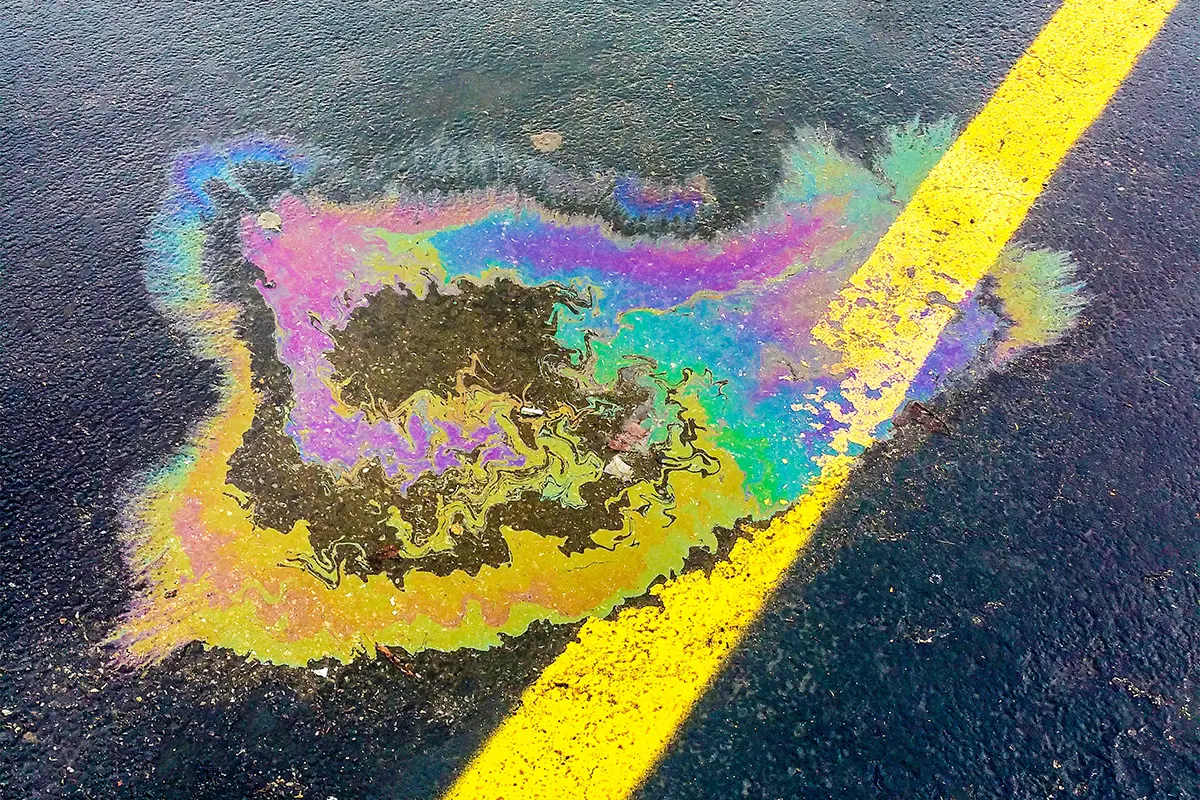Oil poisoning, also known as hydrocarbon poisoning, is a serious medical condition caused by ingestion, inhalation, or skin contact with various types of oils and petroleum-based products. Although relatively rare, oil poisoning can have serious consequences for human health, ranging from mild symptoms to life-threatening complications.
Although oil poisoning is dangerous for humans, it is equally dangerous for animals. A spill on an oil-carrying ship means a danger to marine life, or animals in the vicinity of an oil field need serious attention.
Causes of Oil Poisoning
Oil poisoning can occur through accidental ingestion, inhalation, or skin absorption of oils and petroleum-based products. Common sources of oil poisoning include household products such as cleaners, lubricants, paints, solvents, and fuels. In addition, industrial accidents, improper handling of oil-based products, and occupational exposure in certain industries such as oil refineries or chemical plants can also lead to oil poisoning.
Symptoms of Oil Poisoning
Symptoms of oil poisoning can vary depending on the type of oil or petroleum product involved, the route of exposure, and the amount ingested or absorbed. In mild cases, symptoms may include nausea, vomiting, abdominal pain, headache, dizziness, and skin irritation. In more severe cases, individuals may experience difficulty breathing, chest pain, confusion, seizures, loss of consciousness, or even coma. It is critical to seek immediate medical attention if oil poisoning is suspected.
Treatment and Management
Treatment of oil poisoning focuses primarily on removing the oil from the body and managing the associated symptoms. In cases of ingestion, medical professionals may administer activated charcoal to absorb the oil and prevent further absorption in the digestive system. Supportive care, including intravenous fluids, may be needed to maintain hydration and electrolyte balance. In severe cases, respiratory support and other interventions may be required. It is important to consult a healthcare professional for appropriate diagnosis and treatment.
Oil Poisoning Prevention and safety measures
Preventing oil poisoning involves implementing safety measures and raising awareness of the potential risks associated with oil-based products. Here are some important preventive measures:
- Proper storage: Store oils and petroleum-based products in their original containers, away from food, beverages, and children. Make sure containers are tightly closed to prevent accidental spills or leaks.
- Safe handling: When using oil-based products, follow the manufacturer’s instructions. Wear protective clothing, gloves, and eye protection when handling potentially hazardous materials. Avoid inhalation of fumes or vapors by working in well-ventilated areas.
- Protect children: Keep oils and petroleum-based products out of the reach of children. Use childproof locks on cabinets and educate children about the dangers of ingesting or playing with these substances.
- Labeling and education: Clearly label containers with contents and potential hazards. Educate yourself and others about the risks of oil poisoning and what to do in an emergency.
- Occupational Safety: Employers should provide appropriate training, safety equipment, and policies for workers who handle oils and petroleum-based products. Regular safety audits and risk assessments can help identify potential hazards and implement preventive measures.
So what should we do?
Oil poisoning is a serious health problem that can result from accidental ingestion, inhalation, or skin contact with oils and petroleum-based products. Recognizing the symptoms, seeking immediate medical attention, and implementing preventive measures are critical to mitigating the risks associated with oil poisoning. By raising awareness of this often-overlooked threat, we can protect ourselves, our loved ones, and our communities from the potential dangers of oil poisoning.

